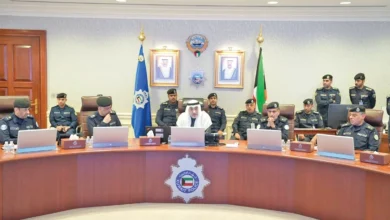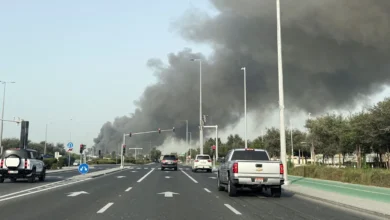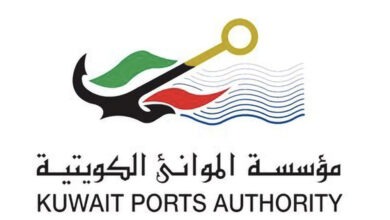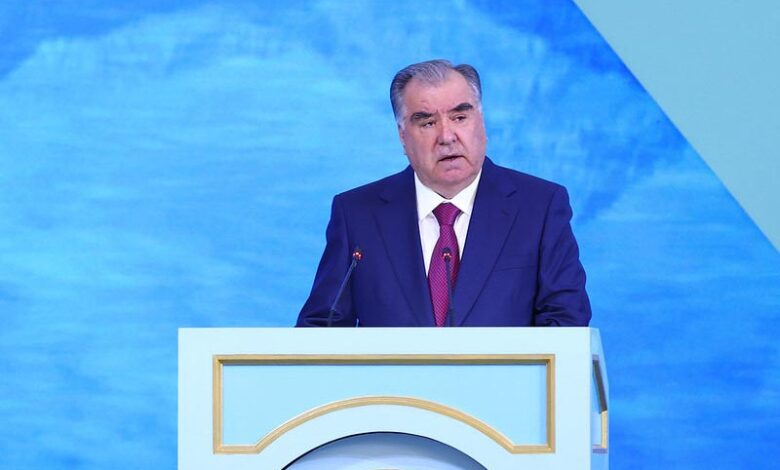
THE TIMES KUWAIT REPORT
Leaders, experts and policymakers called for urgent action to address water challenges at the Third Dushanbe Water Action Decade Conference held in Tajikistan’s capital of Dushanbe last week. Held from June 10-13, the conference was part of a biennial series co-organized by the government of Tajikistan, the United Nations and the European Union to support the International Decade for Action under the theme, “Water for Sustainable Development, 2018-2028,” and to implement voluntary commitments from the UN 2023 Water Conference.
The Dushanbe Water Process is a critical component in accelerating action towards the water-related goals of the United Nations 2030 Agenda for Sustainable Development, according to the organizers. Opening the conference, Tajikistan President Emomali Rahmon urged global cooperation on water issues caused by climate change and highlighted his country’s initiatives to put water at the center of global development negotiations to unite the international community around water action.
Dushanbe Water Process provides a vital platform for comprehensive preparation for the United Nations Water Conference in 2026 and 2028, said Rahmon, outlining Tajikistan’s ambitious goal to become a “green country” by 2037 by developing a “green economy.”
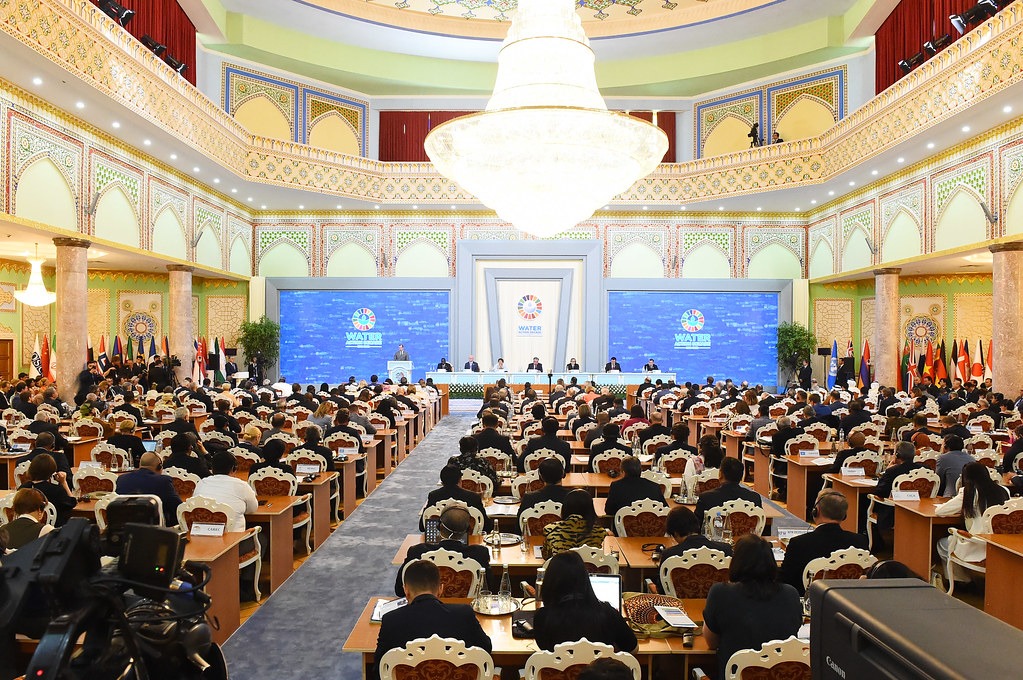
Tajikistan aims to generate 100 percent of its electricity from hydropower, reinforcing its position as a leader in sustainable energy by 2032. The country’s “Natural Greening Program until 2040” aims to plant over two billion seedlings, furthering Tajikistan’s green initiatives. But Rahmon stressed the need to ramp up efforts, seeing the risks and rising threats caused by the rapid melting of glaciers in Tajikistan.
“Over the past few decades, 1,000 of the 13,000 glaciers in our country, which are the main source of formation for up to 60 percent of Central Asia’s water resources, have completely melted,” said Rahmon. Experts warn that by 2050, the figure may drop by a third, increasing the risk of flash floods from bursting ice lakes.
Tajik climatologists say that since 1930, Tajikistan’s glaciers have shrunk by about 30 percent and if it continues, many small glaciers will disappear in the next 30-40 years, impacting river flows of Central Asian river systems such as the Amu Darya, Zeravshan, Kafarnigan, Karatag and Obihingou.
The Amu Darya and Zeravshan river systems are seen as crucial for downstream countries like Uzbekistan, Turkmenistan and Kazakhstan that rely on Tajikistan’s glaciers. “As Tajikistan is not an industrialized country, its share in the total amount of greenhouse waste is insignificant,” he said, citing this as the reason for Tajikistan’s initiative to declare 2025 as the International Year of Glacier Preservation.
“In accordance with the relevant resolution of the General Assembly, starting next year, March 21st will be celebrated annually as the ‘World Day of Glaciers,’” said the president. Under-Secretary-General for Economic and Social Affairs at the United Nations Li Junhua co-chaired the conference and underscored the United Nations’ role in advancing the Water Action Decade.
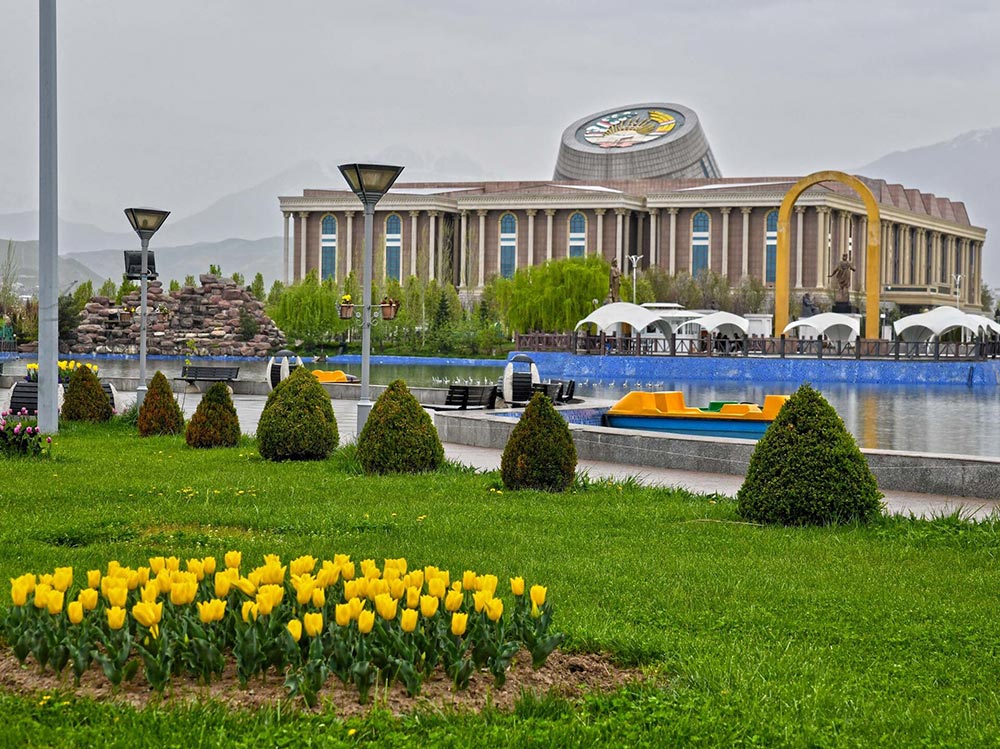
“The Dushanbe Water Process is a key driver for water action and closely linked to United Nations Water Conferences,” said Li, noting the conference’s focus on implementing the Water Action Agenda commitments.
He called for increased efforts to achieve Sustainable Development Goal 6 on water and sanitation. Sustainable Development Goal 6, set by the United Nations General Assembly, seeks to ensure “clean water and sanitation for all.” The goal is one of 17 designed to build on the progress of the former Millennium Development Goals.
“Future Dushanbe Water Conferences will also contribute to the UN Conference on the Final Review of Water Action Edge Decade in 2028, which will be held again in this great country, in this beautiful city,” said Li. The conference concluded with a declaration underlining five critical areas for action: improving water management for human health, establishing policies for universal water and sanitation access, preparing national climate adaptation plans, strengthening integrated water resource management, and increasing public and private financing.
The attendees emphasized that the conference will aid the international community in preparing for the 2026 Water Conference, with future conferences in Dushanbe in 2026 and 2028 continuing to support the Water Action Decade and Agenda.
They stressed that successful implementation of the UN’s water-related goals requires linking water action to climate action, with a focus on ground-level awareness, financing, policy reforms, grassroots engagement and continuous monitoring. Tajikistan not only seems dedicated to addressing water issues within its own development plans but also aspires to emerge as a leading force in water diplomacy.
The country aims to facilitate global water action and serve as a hub for international dialogue on climate action. However, the country’s water supply sector faces substantial challenges stemming from years of underinvestment and insufficient maintenance.
A 2023 World Bank estimate suggests that a minimum investment of $800 million is required to ensure safe water supply services for the country’s entire population by 2030.
The Tajik government has been collaborating with international organizations like the United Nations, the World Bank, the UN Development Program and UNESCO to enhance the nation’s energy and water infrastructure. However, stakeholders are also seeking investment and technology support from private entities to further these efforts.
The event focussed on various themes, including water for health and people, water for livelihoods and inclusive economic growth, water for environment and climate resilience, and knowledge, communication, and partnerships. It reinforced the Water Action Agenda of the UN 2023 Water Conference and reviewed the progress made on the voluntary commitments registered.
The conference provided a Platform for Global Voices having hosted a diverse group of participants, including policymakers, scientists, and representatives from civil society and the private sector. Notable speakers from the International Water Management Institute (IWMI) such as Rachael McDonnell, Mohsin Hafeez, Bunyod Holmatov, and Chiara Colombo will shared insights and fostered discussions on innovative water management solutions.









